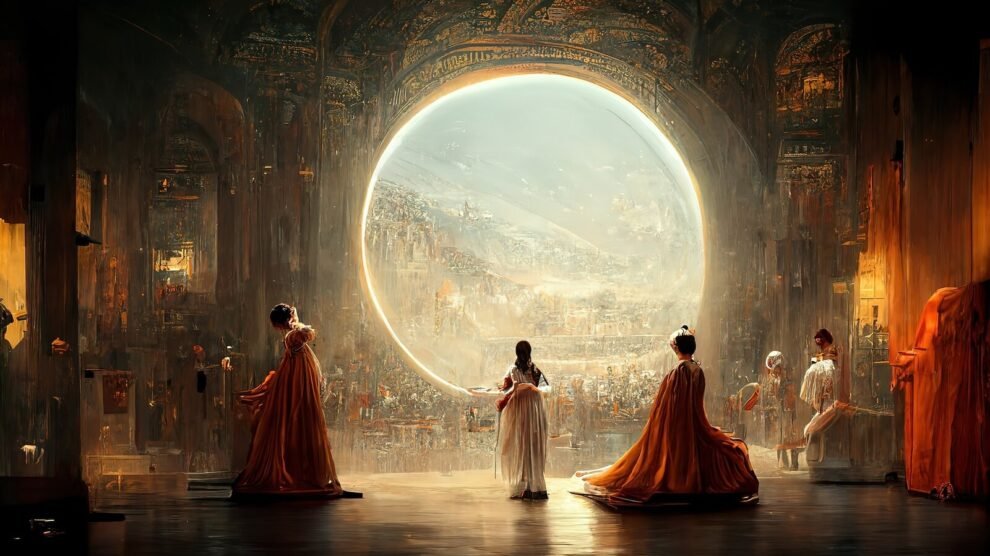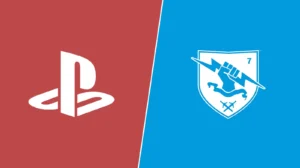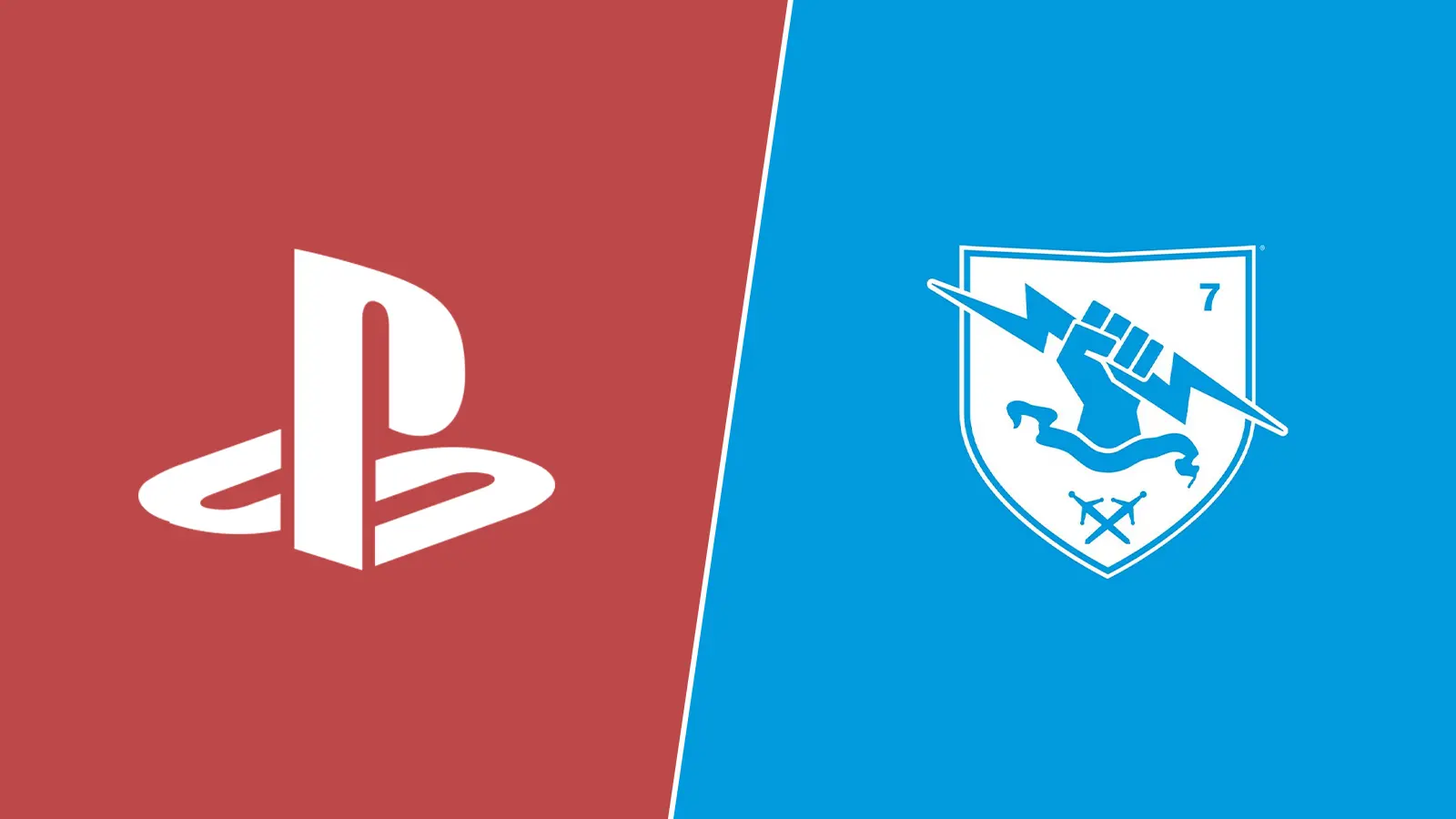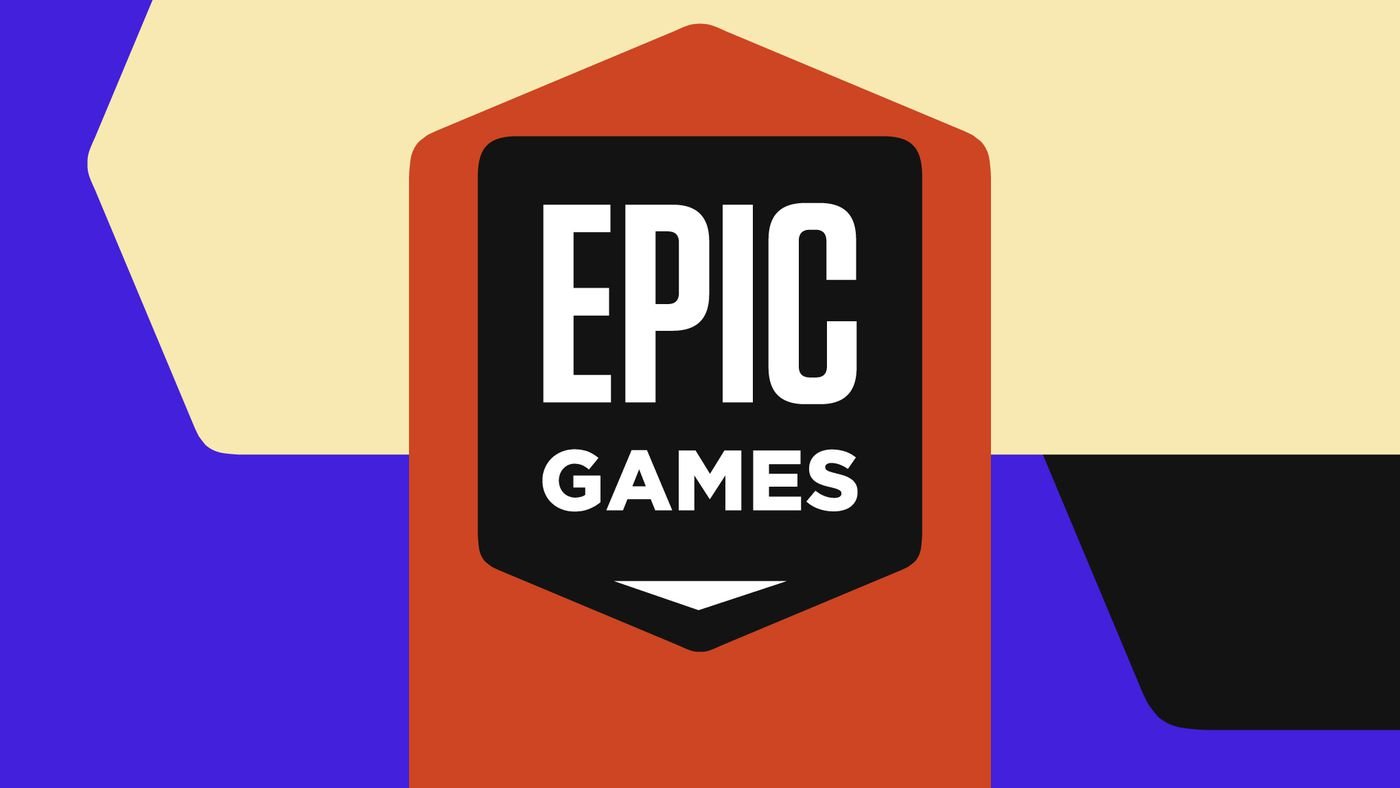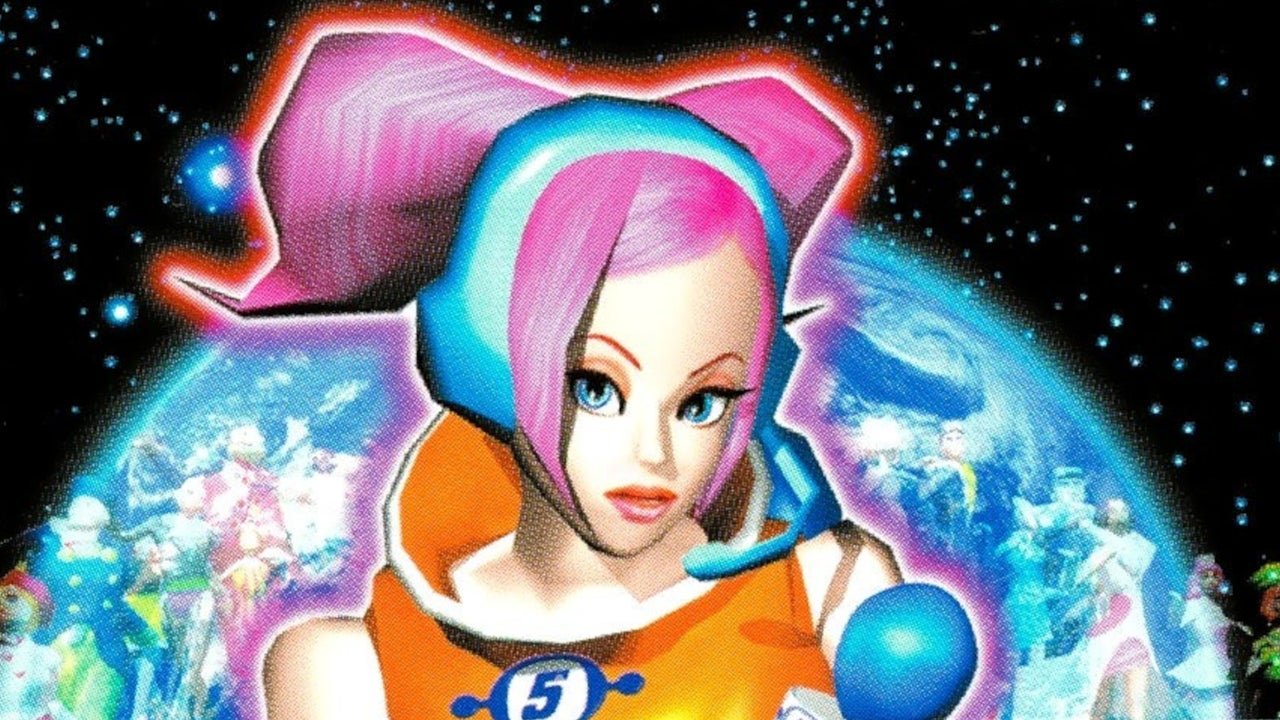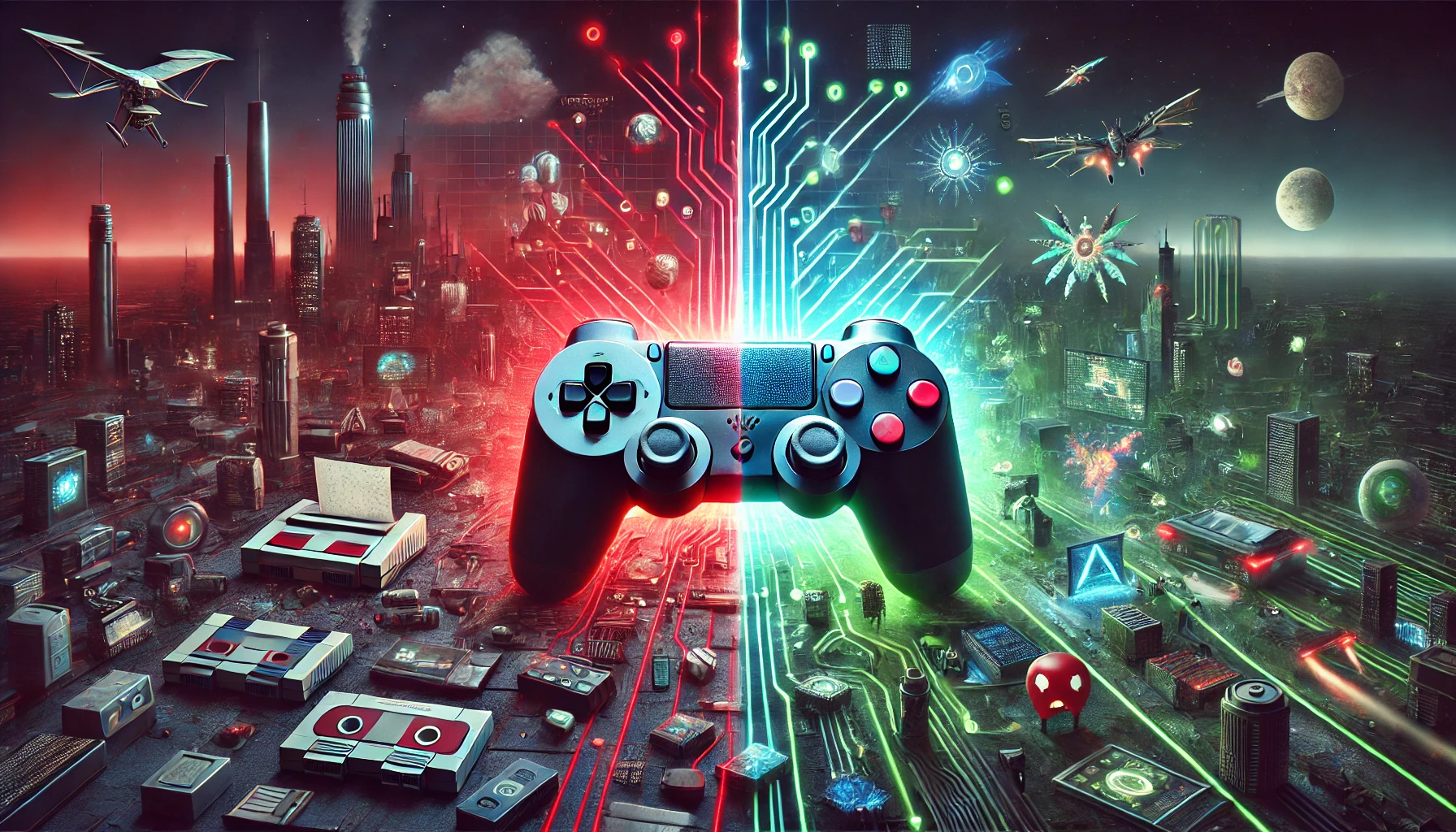In a landmark case that has captured the attention of the art and tech worlds alike, Stability AI, Midjourney, and Runway AI are embroiled in a legal battle against a group of artists over allegations of copyright infringement. This legal confrontation raises profound questions about the nature of creativity, ownership, and the role of artificial intelligence in the production of art.
Key Highlights:
- Artists, including Sarah Andersen, Kelly McKernan, and Karla Ortiz, have accused AI companies of using their work without permission to train AI models.
- The lawsuit claims that AI-generated images infringe on artists’ copyrights and dilute their brand identity.
- Stability AI’s response underscores the debate on fair use, technology, and copyright law.
- The case, Andersen v. Stability AI, is being heard in the U.S. District Court for the Northern District of California.

Understanding the Controversy
The core of the controversy lies in the claim that AI companies, by using copyrighted material to train their algorithms, are creating new works that closely mimic the styles of established artists without proper authorization or compensation. This process, the plaintiffs argue, not only infringes on their copyrights but also misappropriates their styles and names for commercial gain, potentially misleading the public and harming the artists’ livelihoods and reputations.
Legal and Ethical Implications
The lawsuit highlights critical legal and ethical considerations in the rapidly evolving field of AI-generated content. It questions the extent to which AI companies can utilize existing copyrighted materials to train their models, a practice that has become increasingly common as AI technologies advance.
The Companies’ Stance
While representatives from the companies involved have been relatively quiet in the media, the legal defenses are expected to center around arguments of fair use and the transformative nature of AI-generated art. The companies may argue that the creation of new, original works using AI does not directly infringe on the copyrights of the original artists, posing challenging questions about copyright law’s applicability in the age of AI.
SEO Keywords: AI art lawsuit, copyright infringement, Stability AI, Midjourney, Runway AI, artificial intelligence in art, generative AI, artists’ rights.
Developments in the Case
Recent judicial rulings have nuanced the legal landscape, dismissing some claims while allowing others to proceed. The outcome of this case could set a precedent for how copyright law interacts with AI technologies, potentially influencing future regulations and practices in both the art and tech industries.
Looking Ahead
As the legal battle unfolds, the art and tech communities are keenly watching. The case not only impacts the parties involved but also sets the stage for future interactions between creators and AI developers. It underscores the need for a balanced approach that respects artists’ rights while fostering innovation and creativity in the AI space.
Summary
The lawsuit against Stability AI, Midjourney, and Runway AI by a group of artists over copyright infringement claims underscores the complex interplay between copyright law and the burgeoning field of AI-generated art. As the case progresses, it will undoubtedly influence discussions and policies around creativity, ownership, and the ethical use of AI in artistic creation, marking a pivotal moment in the ongoing dialogue between technology and copyright law.

